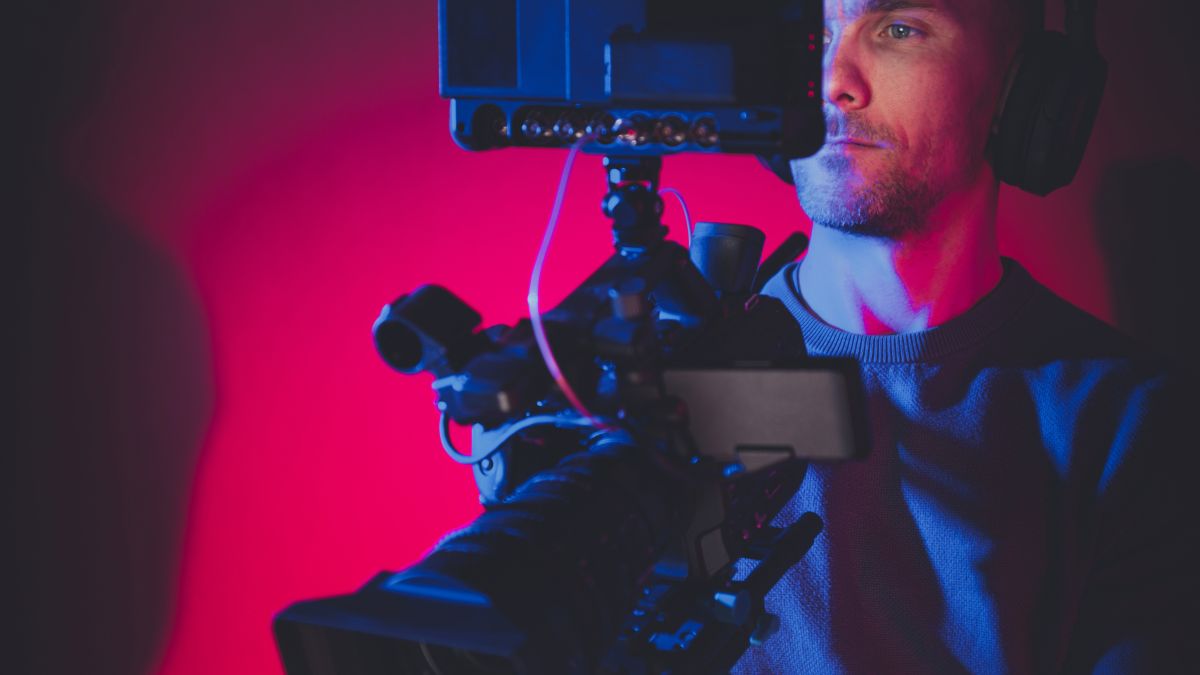Gone with the Wind: An Epic of the 1930s
Gone with the Wind: An Epic of the 1930s
Uncovering the History of the Hollywood Foreign Press Association

Uncovering the History of the Hollywood Foreign Press Association
In the heart of Hollywood, where the glimmer of starlight is outshone only by the stars themselves, lies an institution as enigmatic as it is prestigious: the Hollywood Foreign Press Association (HFPA). This revered organization, a beacon of glamour and influence, has etched its name into the annals of cinematic history, wielding a power that shapes careers and defines excellence in the world of film and television. Let us embark on a journey to uncover the rich tapestry of history behind the HFPA, a narrative that reads like a screenplay, filled with ambition, controversy, and a relentless pursuit of artistic recognition.
Founded in the year 1943, amidst the turmoil of a world at war, the HFPA emerged from the vision of a group of Los Angeles-based foreign journalists. Their mission was clear yet ambitious: to create a bridge between Hollywood and the world, fostering an appreciation for American cinema across the globe. What began as a modest assembly of writers passionate about film has evolved into an institution whose influence resonates in every corner of the entertainment industry. The genesis of the HFPA is a testament to the power of journalism and its profound impact on the cultural zeitgeist.
The Golden Globe Awards, the crowning jewel of the HFPA, debuted in January 1944 at the plush Beverly Hills Hotel. This glittering ceremony was not merely an event; it was a declaration of Hollywood’s indelible mark on the fabric of global culture. The Golden Globes swiftly ascended to become one of the most anticipated spectacles in the entertainment calendar, a night where legends are born and dreams are immortalized. With each passing year, the Golden Globes have celebrated the artistry, innovation, and brilliance of filmmakers, actors, and writers, cementing the HFPA’s role as arbiters of excellence.
Yet, the path of the HFPA has not been without its shadows. The organization has navigated through controversies and criticisms, facing scrutiny over its practices, membership policies, and decisions. These moments of tumult have sparked debates about the very nature of awards and their influence on the creative industry. However, like any great protagonist, the HFPA has shown resilience, emerging from each challenge with a renewed commitment to transparency, diversity, and inclusivity. This ongoing narrative of redemption and transformation adds a complex layer to the HFPA’s history, illustrating the organization’s capacity for growth and adaptation.
Beyond the glitz and the controversies lies the HFPA’s enduring legacy: its philanthropic endeavors. Through grants, scholarships, and charitable contributions, the HFPA has used its platform to nurture new talent and support humanitarian causes. This aspect of the HFPA’s work often goes unnoticed amid the glamour of the Golden Globes, yet it is a powerful reminder of the organization’s broader impact on society and the arts. The HFPA’s philanthropy underscores the profound connection between storytelling and social change, illustrating how cinema can be a force for good in the world.
As we pull back the curtain on the Hollywood Foreign Press Association, we are reminded of the indelible impact of storytelling. The HFPA’s journey is a narrative of aspiration, controversy, and redemption, woven into the very fabric of Hollywood. It serves as a beacon for the transformative power of film and television, celebrating the artistry that transcends boundaries and unites us all. In the end, the history of the HFPA is not just about an organization; it is a reflection of the enduring allure of Hollywood and the universal language of cinema that continues to captivate hearts and minds around the globe.